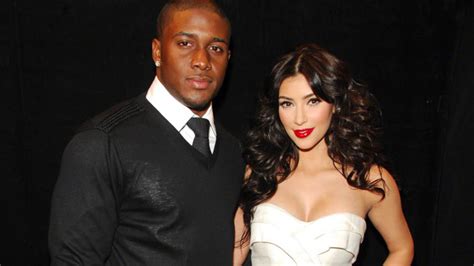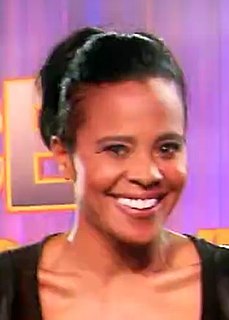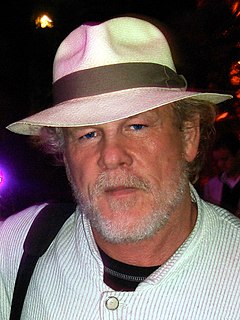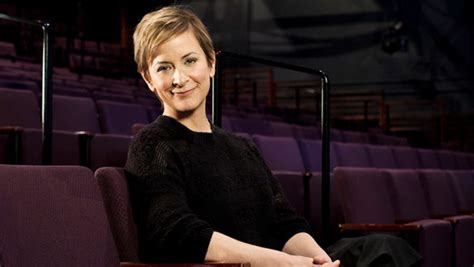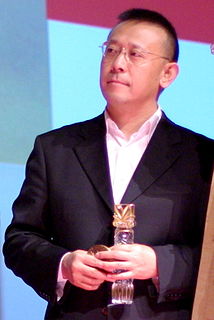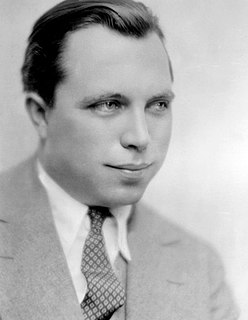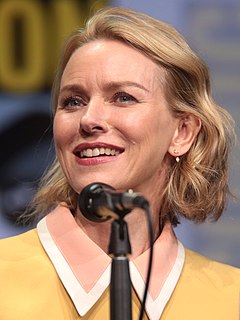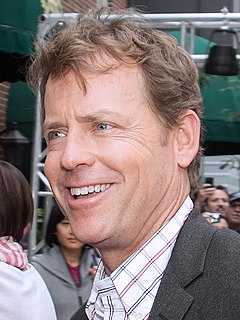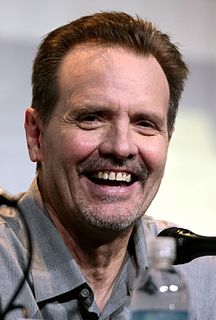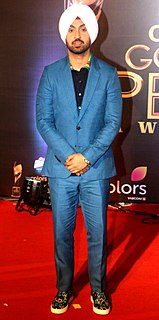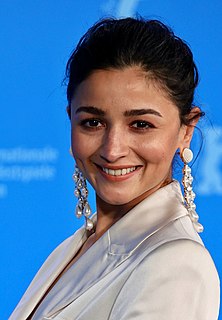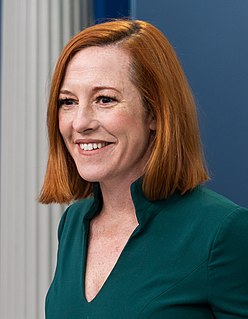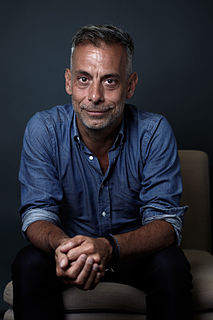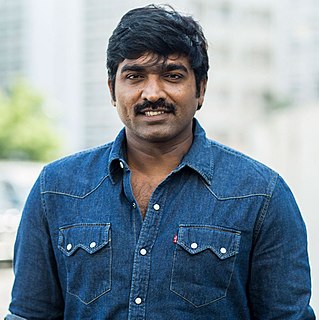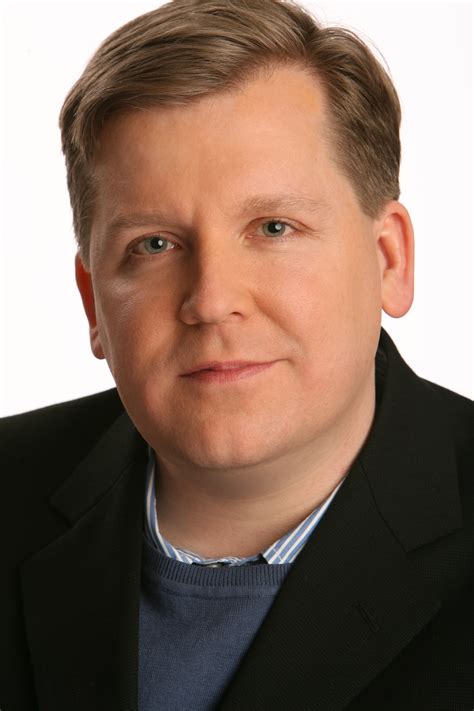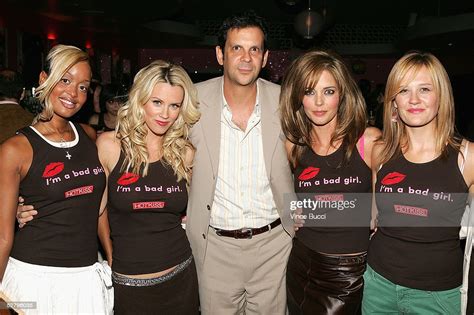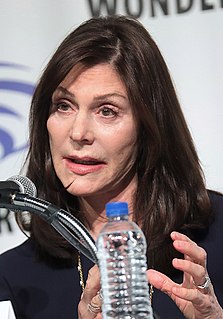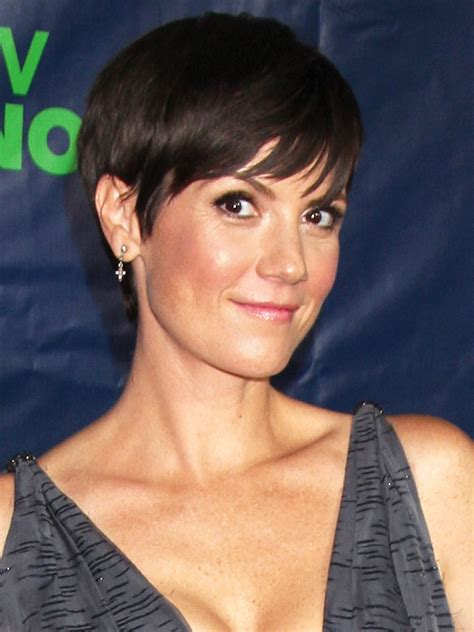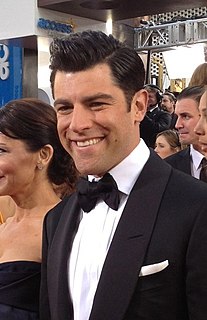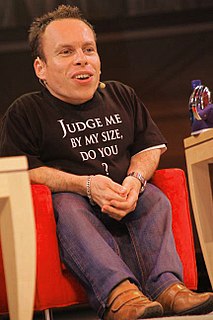Top 1200 Director Quotes & Sayings - Page 5
Explore popular Director quotes.
Last updated on December 5, 2024.
Every film I've ever worked on, and that includes 'Braveheart' and 'Trainspotting,' I've always witnessed a director having a breakdown. Every director will have a day, without exception, where they just can't do it anymore, they don't know what to say to their cameraman, their cast. It's the sign of real, physical exhaustion.
Finally, I was called for "The Office" and I was really lucky, because a lot of the shows that I went out for I would work my way up from, like, an audition with the casting director to the director to the producers to the studio, I'd go through seven auditions, and then they'd give the role to a famous actress.
As a director, you're a bit of a dictator. But I feel that you're a better director if you're open to other people's ideas. It means that it's tougher: you have to be in a choosing process; you have to put the ego aside. As long as everybody's aiming in the same direction... I'm open to my main partners in the film crew.
I'm the type of actor that believes the director has to be in charge. I've been on sets where the actor's ego was the most important thing, and with a director that messes it up. But I don't like a dictator, I want it to be collaborative - the best idea wins. If I feel respected, and I'm going to give that back. If a director wants to try something, cool, I'll give it back. I also feel like they cast me for a reason, so I'm going to make my mark on it... let me do my thing.
As the director, it's just a constant stream of meetings where you meet with all of the creatives who make all of the decisions for every part of the episodes. You're also scouting for locations, deciding on the locations, meeting with your first associate director; mine was Jennifer Truelove. She's one of my favorite people on the planet.
When I move from being a cameraman to being a director I looked at a lot of other cameramen who tried to make the move. And in each case they moved up their camera operator to be the DP, which really meant they didn't want to give up being the DP, and really wanted to do both. And my feeling was if I was going to succeed as a director, I had to just be a director and give up the safety net of being a cameraman.
The process of working with the second unit director and basically sharing your workload with another director is such an interesting, delicate thing - and entrusting that person with your vision and making sure that you are not adding a completely different aesthetic to the mix that you don't have to contend with in editing.
I think I'm an extremely conscientious producer and now equally as a director and it gives me the opportunity to look at the entire movie and really allow the movie to be the creative vision of the actors, the writer and myself, because I'm in charge of it from a producer and a director point of view.
The dream, I think, with any project is it starts with an idea, and then somebody writes it, and the writer hopes that a director comes on and makes this piece of material visual, and both the director and writer hope that they can have actors come in and bring something to it that neither one of them expected, elevating it along the way.





